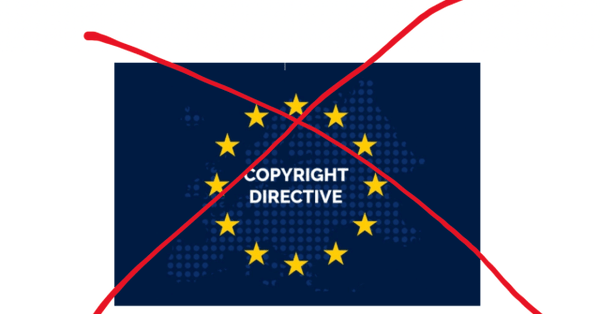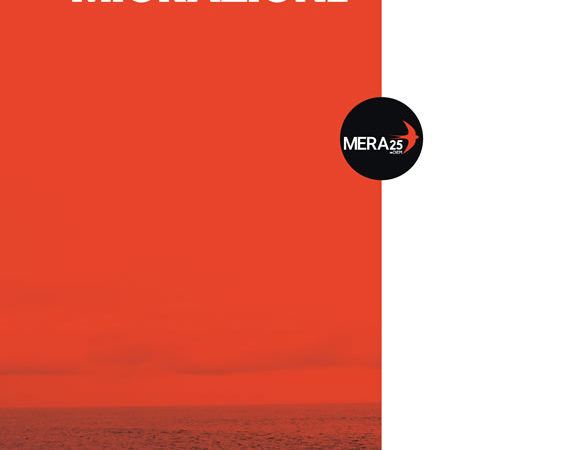My dear fellow Europeans,
I’m speaking to you from the birthplace of democracy about one of the most pressing issues of our time: a key battleground for the defence of our modern democracies. A week ago the European Parliament voted for new legislation that endangers the online freedom of us all: the Directive on Copyright in the Digital Single Market.
This new “directive”, as this kind of EU law is called, falls short of the imperative modernisation that our outdated intellectual property rights require. The goal of every meaningful copyright legislation should be to strike a fair balance between the rights of creators, publishers or producers, and the rights of users. We have witnessed a tremendously exciting increase in human creativity take place through the freedom and inspiration offered through the inter-connectivity of the internet: many more people are able to publish books, create music and explore their creative instincts than ever before.
The new copyright law is making every online platform older than 3 years directly liable for every copyright infringement that a user commits. The analogy for the offline world would be making a highway company directly liable for every speeding driver. The only way for an online platform to deal with this risk of liability is to filter every text, every picture and every video before it’s even uploaded. This upload filter is technology that we so far only know from authoritarian regimes like China. It is quite a wake-up call that so many European politicians are trying to make such upload filters mandatory to prevent “infringements of copyright”. On behalf of the big interests present in our continent, they are enforcing upon citizens a form of censorship that does not belong in our democracies.
Many have warned us against this. The UN Special Rapporteur on Freedom of Expression David Kaye warned the European Parliament about “the risk of error and censorship” with this law. He was joined by the founder of the world wide web Tim Berners-Lee and the one of the inventors of the internet Vint Cerf. Every technologist sees the dangers of this proposal, but yet our politicians refuse to let our interests get in the way of the interests of their rich and powerful friends.
There is still one final chance to prevent the adoption of this dangerous censorship instrument in Europe and this is why I am now speaking to you. On April 15 the Council of the European Union has to agree to this copyright directive. Germany is the swing vote that can single-handedly prevent this law from being adopted. Therefore, I am calling on you Ms Angela Merkel to listen to the people and ask your agriculture minister (how weird is the EU that such a technical matter comes down to the vote of an agriculture minister?) to protect our fundamental right to freedom of speech.
The unleashing of online creativity can be a difficult freedom for us politically-active individuals to handle, as Mr Böhmermann taught me with his middle-finger trickery back in 2015, but it is an important one. Thanks for that lesson, Jan.
Ms Merkel, we’ve had our disagreements, but this question is too important to be decided by party politics or lobby interests. Please Ms Merkel, adhere to your coalition treaty and stop the adoption of this dangerous censorship law.
Volete essere informati delle azioni di DiEM25? Registratevi qui!




